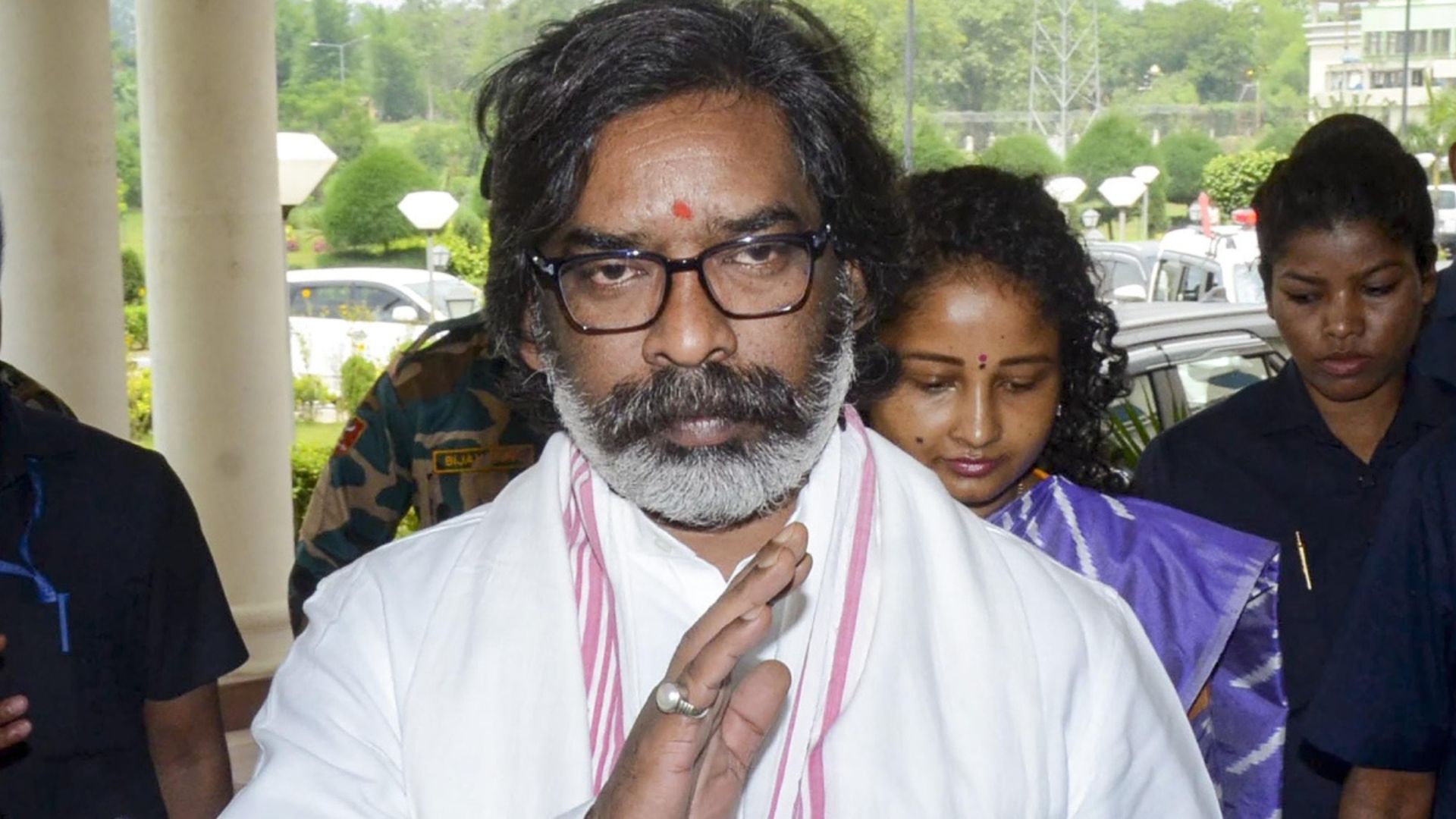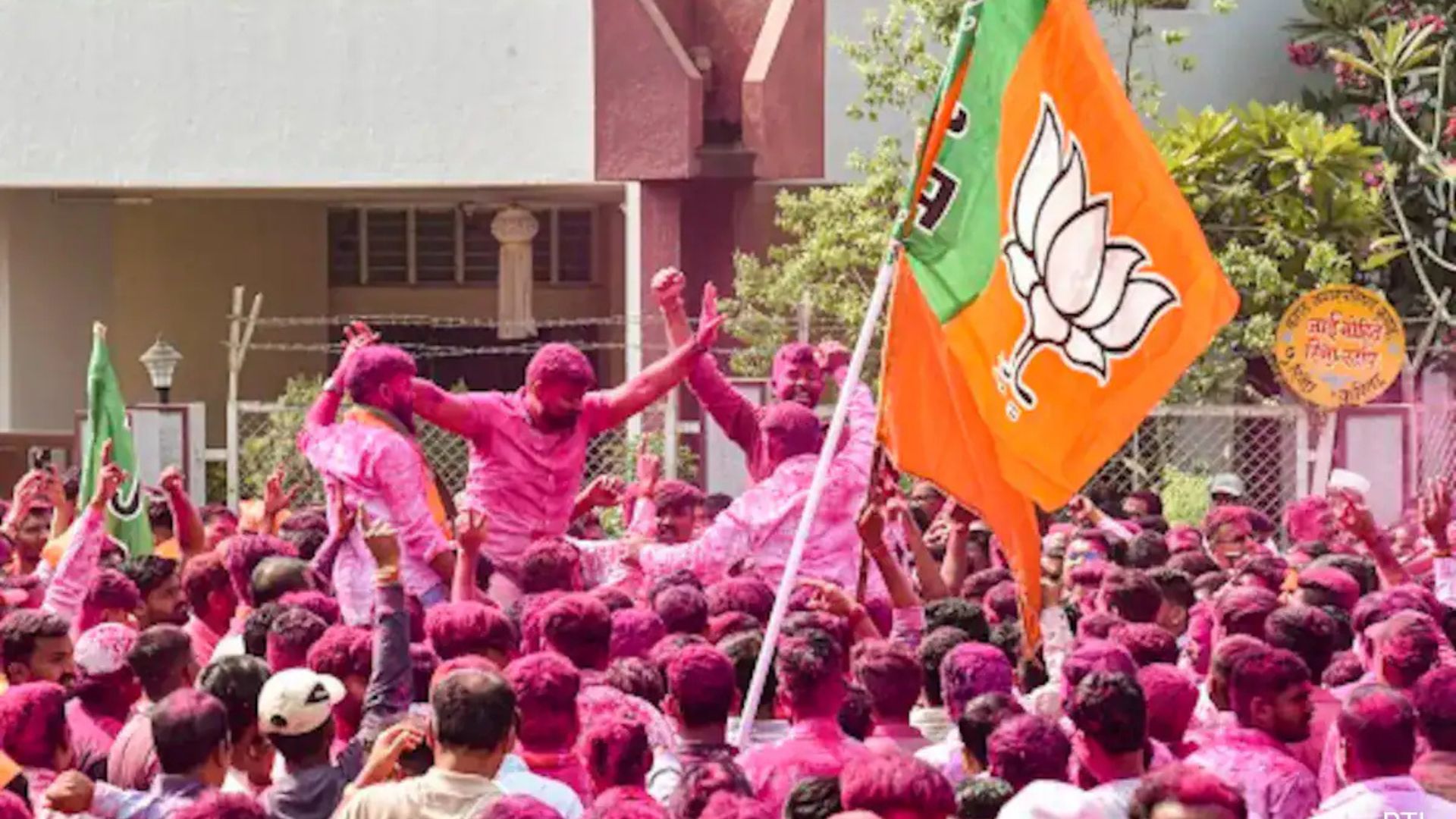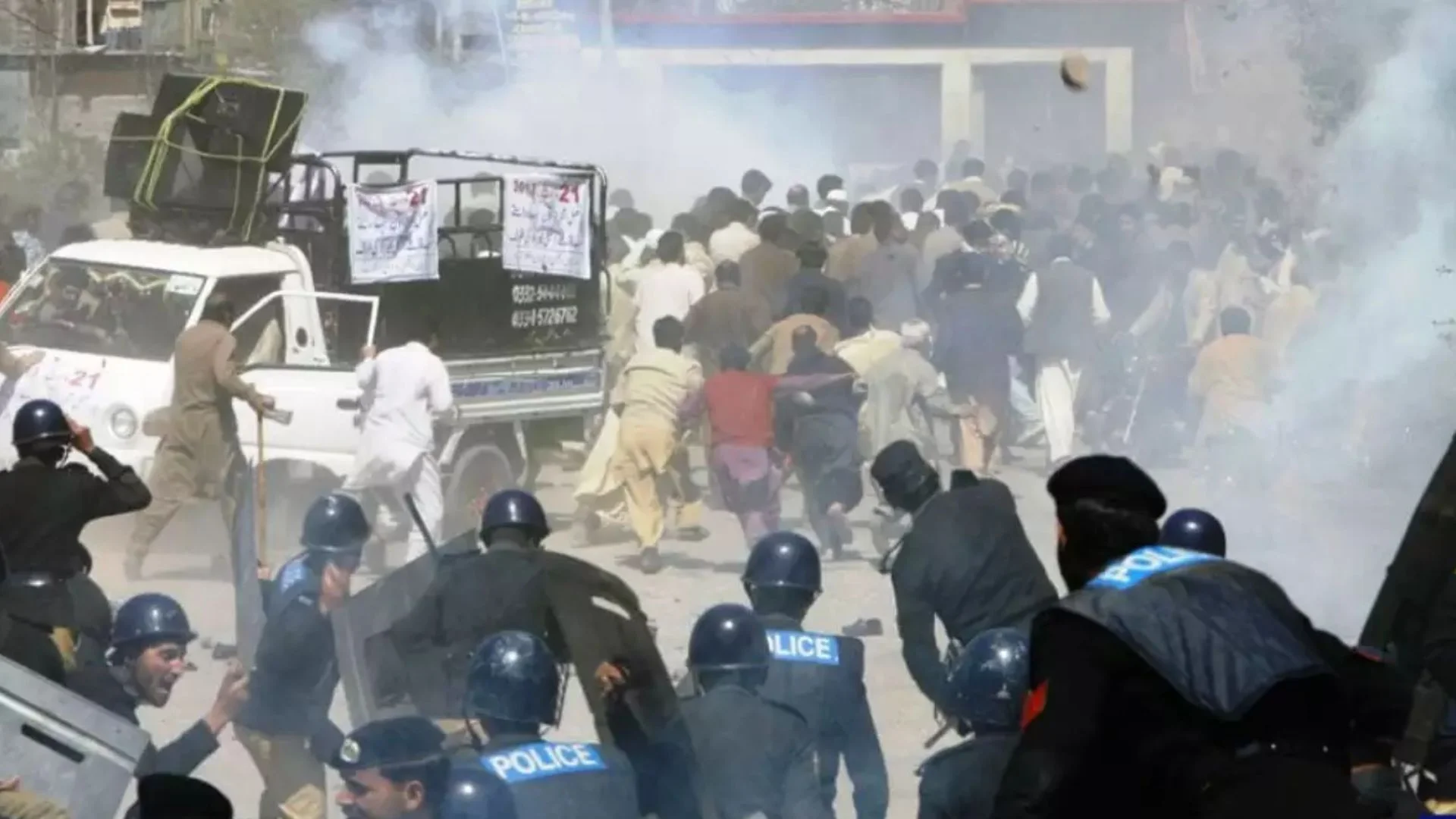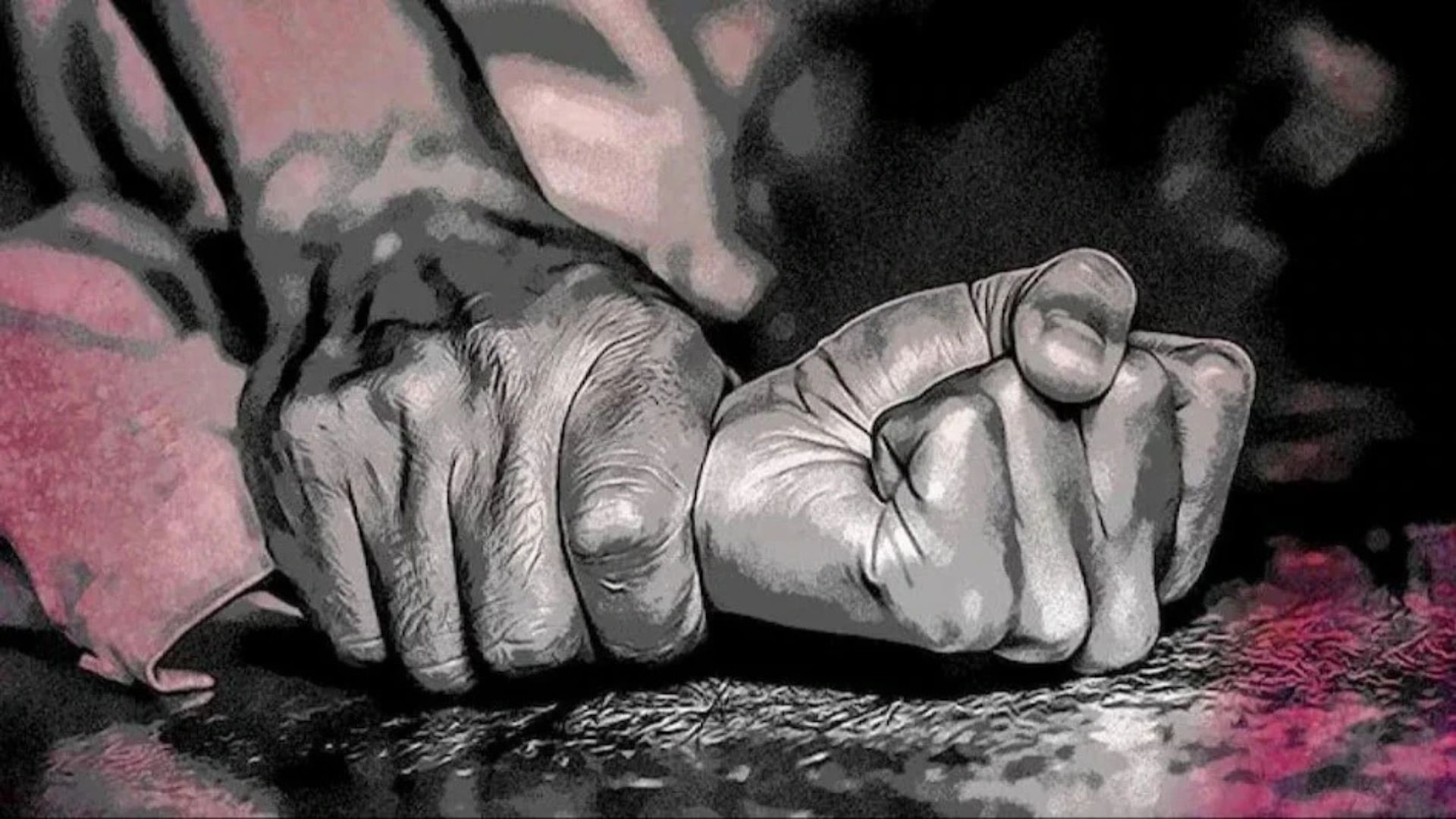
The Varanasi district court stated on Wednesday that any news published or circulated in print, electronic media, or on social media about the survey without official information could face legal consequences. The court also directed the lawyers representing both the Hindu and Muslim sides in the Gyanvapi case to refrain from commenting or providing information to the media due to the survey’s sensitivity.
Furthermore, ASI officials were instructed not to share survey details with any media outlet and to present their findings exclusively to the court.
On Thursday, the Archaeological Survey of India (ASI) commenced the scientific survey of the Gyanvapi complex, in line with the Supreme Court’s directive. Advanced equipment, including a ground-penetrating radar from Kanpur, is being used for this underground examination.
Following the district court’s decision on Wednesday, the media refrained from unauthorised coverage. An attorney for the Hindu party mentioned on Thursday that both Hindu and Muslim representatives are cooperating fully with the court’s mandate. Advocate Subhash Nandan Chaturvedi commented, “The ASI survey is advancing seamlessly. Both parties are adhering to the court’s guidelines.”
Earlier in the day, an ASI team arrived at the Gyanvapi Masjid complex in Varanasi. The investigation of areas adjacent to the Kashi Vishwanath temple, barring the Wuzu Khana, began the previous Friday. This is based on a court order to determine if the current structure, purportedly constructed atop a Hindu temple, hails from the 17th century.
The Allahabad High Court, on Thursday, August 3, rejected a plea from the Anjuman Intezamia Masjid Committee opposing the Varanasi court’s permission for the ASI to scientifically examine the Gyanvapi mosque complex, excluding the ‘Vazukhana’ region. Despite last year’s discovery claims of a “Shivling,” permission for the survey was granted. The Muslim party revisited the Supreme Court in opposition to the High Court’s verdict, but the top court reaffirmed the decision of the Allahabad High Court.















